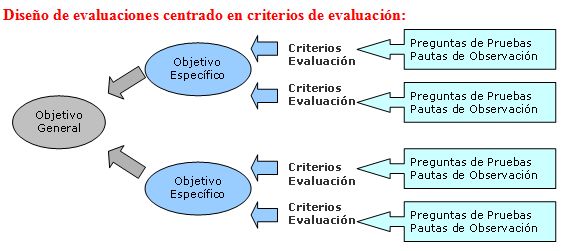Who was Joseph Fourier?

Hacer click en la imagen para ampliar
Joseph Fourier, in full Jean-Baptiste-Joseph, Baron Fourier, (born March 21, 1768, Auxerre,
France—died May 16, 1830, Paris), French mathematician, known also as an Egyptologist
and administrator, who exerted strong influence on mathematical physics through his
Théorie analytique de la chaleur (1822; The Analytical Theory of Heat).
He showed how the
conduction of heat in solid bodies may be analyzed in terms of infinite mathematical series
now called by his name, the Fourier series.
Far transcending the particular subject of heat
conduction, his work stimulated research in mathematical physics, which has since been
often identified with the solution of boundary-value problems, encompassing many
natural occurrences such as sunspots, tides, and the weather.
His work also had a great
influence on the theory of functions of a real variable, one of the main branches of modern
mathematics.
Fourier, the son of a tailor, first attended the local military school conducted by
Benedictine monks.
He showed such proficiency in mathematics in his early years that he
later became a teacher in mathematics at the same school.
The ideals of the French
Revolution then swept him into politics, and more than once his life was in danger.
When
the École Normale was founded in 1794 in Paris, he was among its first students, and, in
1795, he became a teacher there.
The same year, after the École Polytechnique was
opened, he joined its faculty and became a colleague of Gaspard Monge and other
mathematicians.
IMG ![]()
Related networks
:







